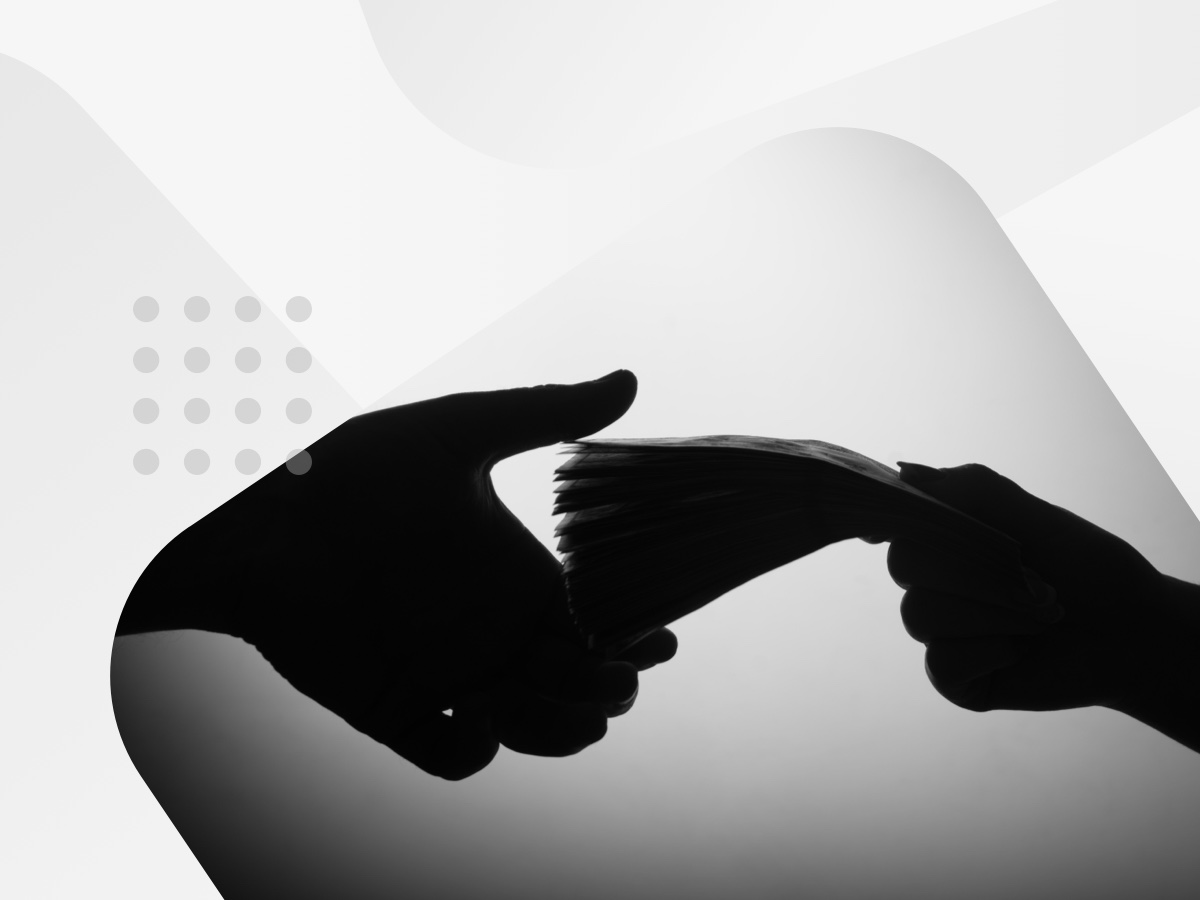Credit card companies pass a large amount of consumer and business data on to credit reporting agencies and bureaus, such as CreditorWatch, to inform their credit scores and debtor risk analysis. Each credit reporting body has independent in-house policies for collecting this data, including the frequency, time points of collection, and sources.
In general, you should expect new information from credit card brands to pass through to credit reporting bodies monthly, although this may vary.
Under Comprehensive Credit Reporting (CCR) requirements, the Big Four banks and other participating institutions must report a wide array of credit information to the reporting bureaus for consumers. While some other lenders and credit card organisations may not face the same obligations, you should assume that any changes to your credit information will pass through to at least one or more of the reporting agencies or bureaus.
Banks, lenders and credit card companies provide a significant amount of creditor data, especially after the introduction of CCR requirements. The data they may pass on can include:
- Changes to personal information such as name or address
- Repayment history on your credit account, including late payments or defaults
- Credit type and amount applied for
- Date an account was opened or closed
- New and previous credit amounts
- Default agreements details
- Overdue consumer credit accounts
- Conditions related to repayment.
Credit reporting agencies use proprietary technology to turn the data collected into sophisticated predictive scores detailing the creditworthiness of a business.
For example, the all-in-one Credit Reporting platform and RiskScore from CreditorWatch utilise advanced machine learning and extensive sub-categories of data (including over 11,000,000 monthly tradelines from 55,000+ customers) to generate a score between 0-850. The higher the score, the more dependable that trading partner is as a debtor.
Banks and credit card providers don’t tend to report changes to information immediately, instead sending through bulk packets of data monthly, at the end of a statement period, or at another agreed frequency. Once the new payment behaviour and credit information filters through, your company or consumer credit score will likely change to reflect it.
This delay means that before you submit any credit product application, you should ensure your credit score reflects positive new information, as it may not yet have passed through.
In certain instances, it may be possible to request that new information inform your credit score ahead of schedule. A bank or lender may help facilitate this process if they assess that the change in your score may render you suitable for a line of credit or loan.
Just as banks and lenders must assess loan applicants for risk, your business must perform due diligence on trading partners. Without an assessment of credit risk, you may expose your company to late or non-paying clients who may jeopardise your revenue and ability to pay outgoings. The all-in-one Credit Reporting platform from CreditorWatch puts the power in your hands, with the ability to access market-leading risk analysis technology via a simple ABN/ACN or company name search.
Our credit reports deliver all the information you require to make informed decisions. The RiskScore from 0-850 and Payment Rating from A1 to F clearly identify those companies that are safe to extend terms to and the ones to be wary of.
Further, you can observe other critical information such as the number of enquiries on that file, ASIC notices, adverse court actions, registered payment defaults and more. With this essential debtor information at your disposal, you can identify and flag risky trading partners, prioritise them for collection and protect the cash flow vital to your success.
With a free trial to test which subscription fits your business, now is the time to leverage our powerful credit reporting suite to transform your business.

Get started with CreditorWatch today
Take your credit management to the next level with a 14-day free trial.

